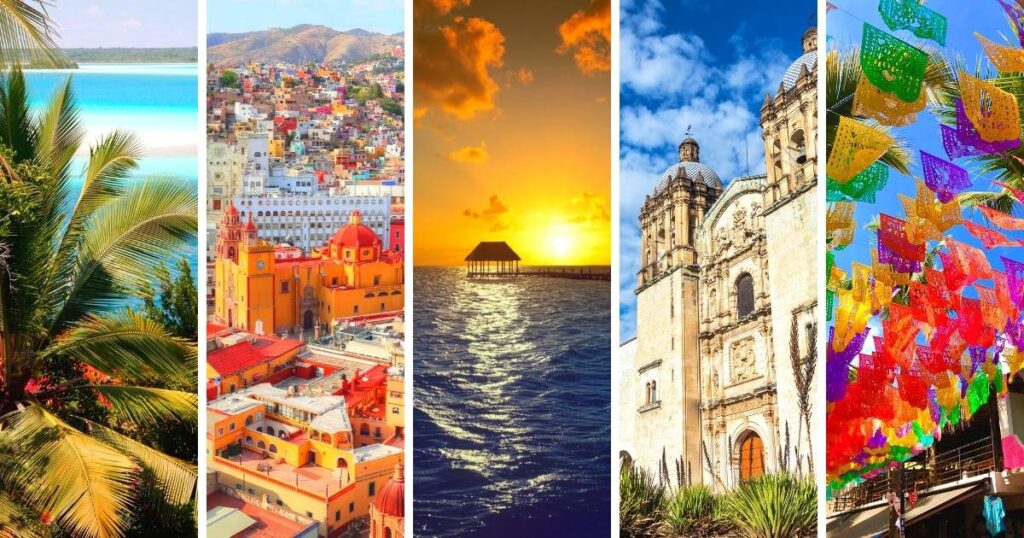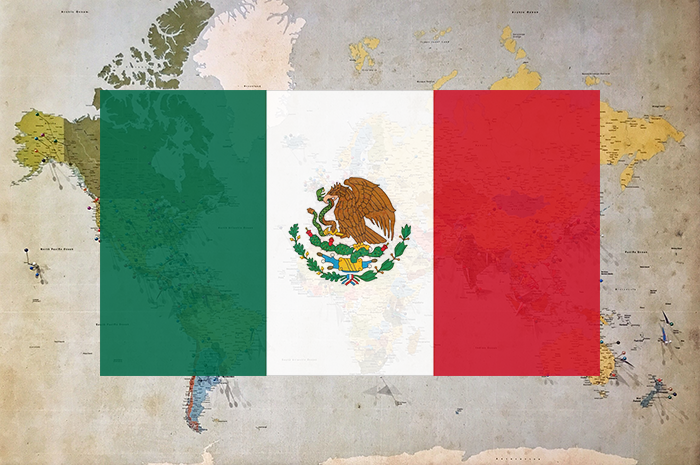Did You Know? Everyday Realities for Expats in Mexico
Living in Mexico as an expat can be an exciting adventure filled with new experiences and cultural discoveries. However, adapting to a new country also comes with its share of surprises. Whether it’s understanding the local transportation system, navigating the nuances of communication, or simply figuring out everyday tasks like mailing a letter, there are plenty of things that might be different from what you’re used to. In this guide, we’ve compiled a series of interesting and practical “Did You Know?” facts that will help you settle in and better understand the unique aspects of life in Mexico. From health tips to cultural insights, these tidbits are designed to make your transition smoother and your experience richer.
Health & Safety
Did you know a doctor´s consulatation could be as cheap as $50 pesos?
You can get a doctor’s consultation for as low as 50 pesos at many pharmacies in Mexico. These in-store clinics, often called “Consultorios,” are a convenient and affordable option for quick medical advice. For example, at chains like Farmacias del Ahorro or Farmacias similares, you can visit a “Consultorio” without needing an appointment—just walk in, and you’re likely to be seen within minutes! Keep in mind that waiting times can vary depending on the location or the reputation of the doctor. In some high-demand areas or if the doctor is well-known for their expertise, you might experience a longer wait, but it propable will worth it! This system also provides quick access to a doctor’s prescription, which is required for purchasing antibiotics and other controlled medications. This practice is legal and common across the country, making it easier to get necessary medications without a lengthy process. It’s a practical solution for routine medical care.
Did you know, as a resident, you can apply for a refund of a tourist tax?
It is called DNR and you pay it by default when purchasing your flight tickets into the country with a foreigner passport. Since residents are exempt from this tax, you can contact the airline you used, and they should guide you through the refund process. It’s a little-known perk that can save you some money!
Transportation
Did you know the Mexican bus system quite peculiar?
If you’re coming from a country with a well-organized transportation system, you might find the Mexican bus system difficult to understand. In most Mexican cities, figuring out how to use the bus can be confusing. Official-looking bus stops are rare in some cities, and detailed route information is often hard to come by (though in some cases, like in Guadalajara, you can find some route info online at rutasgdl.com). Many locals who aren’t familiar with the bus system simply ask someone for directions or rely on Google Maps for route options. Once you’ve determined the bus number you need and the road it travels on, just stand at a corner and stick your hand out as it approaches. However, be prepared—sometimes, even if you do everything right, the bus driver may still decide not to stop!
Communication & Culture
Did you know, In Mexico, politeness is more than just good manners?
—it’s a crucial social skill. Starting a conversation with “Hola, ¿Cómo estas?” (Hi, how are you doing) or a simple “Buenas tardes” sets the tone for respectful and friendly communication, whether in person or via text. Small gestures, like offering your seat to an elderly person (or a woman), are deeply ingrained in everyday behavior. Holding the door open for someone coming behind you in some case is not just courteous but expected. These unwritten rules of politeness are numerous and sometimes nuanced, reflecting the importance Mexicans place on kindness and respect in social interactions. They’re so essential to daily life that I’m even considering hosting a workshop to explore and teach these customs!
Did you know? The word “ahorita” can mean anything from “right now” to “in a few minutes” or even “maybe later.”
This flexible term is deeply rooted in Mexican culture, and its meaning changes depending on the context and the speaker’s intention. So, don’t always expect immediate action when you hear it!
Did you know Mexico is home to 68 national languages?
Spoken by various indigenous groups across the country. These languages, including Nahuatl, Maya, and Mixtec, among others, offer a rich lexicon that represents unique ways of thinking and viewing the world. Additionally, around 364 dialects are still spoken, contributing to Mexico’s incredible linguistic diversity. It’s important to note that indigenous languages are not merely dialects—they are fully-fledged languages that are integral to Mexico’s cultural heritage.
Residency & Legal Matters
Did you know, When renting long-term in Mexico, you may be asked to provide a fiador?
A fiador is a local guarantor who will vouch for you. If you don’t have one, landlords might request several months’ rent upfront as a security measure. This practice is common, especially in large cities like Mexico City, Guadalajara and Monterrey.
Postal Service
Did you know, Mail service is rarely used in Mexico?
The national postal service, Correos de México, is often seen as slow and unreliable, so most people avoid using it altogether. Instead, private courier companies like DHL, FedEx, and Estafeta are the go-to options for more reliable and faster deliveries. Additionally, PO boxes are not commonly used in Mexico, so most mail is delivered directly to homes or businesses
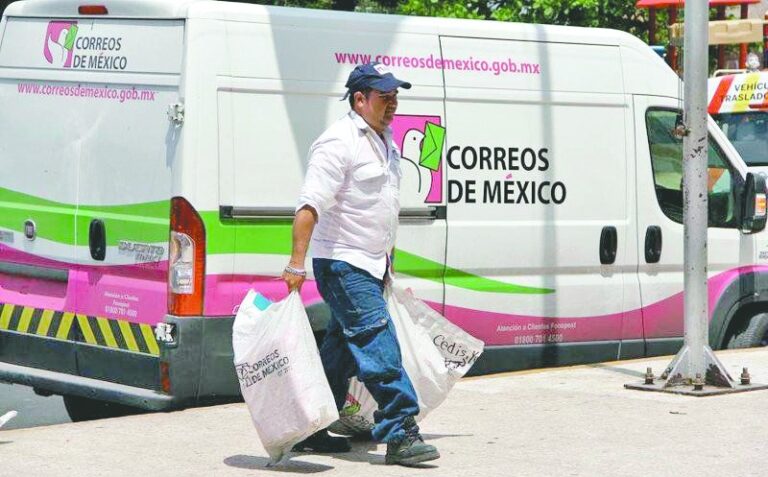
Cultural Events
Did you know, The Virgin of Zapopan’s feast is recognized as part of the Intangible Cultural Heritage of Humanity by UNESCO?
Celebrated in Guadalajara and Zapopan, Jalisco, on October 12th the day features the Romería, a pilgrimage where thousands of devotees travel to the Basilica of Our Lady of Zapopan in festive processions, often with images of the Virgin and traditional music and dances.
The Virgin of Guadalupe’s feast day on December 12th is also highly significant, mainly in Mexico City. Known as Our Lady of Guadalupe, she is the patroness of the Americas and holds a revered place in Mexican culture. Athough October 12th and December 12 are not official public holidays, many local businesses, government offices, and banks may be closed or have reduced hours due to the significance of the events
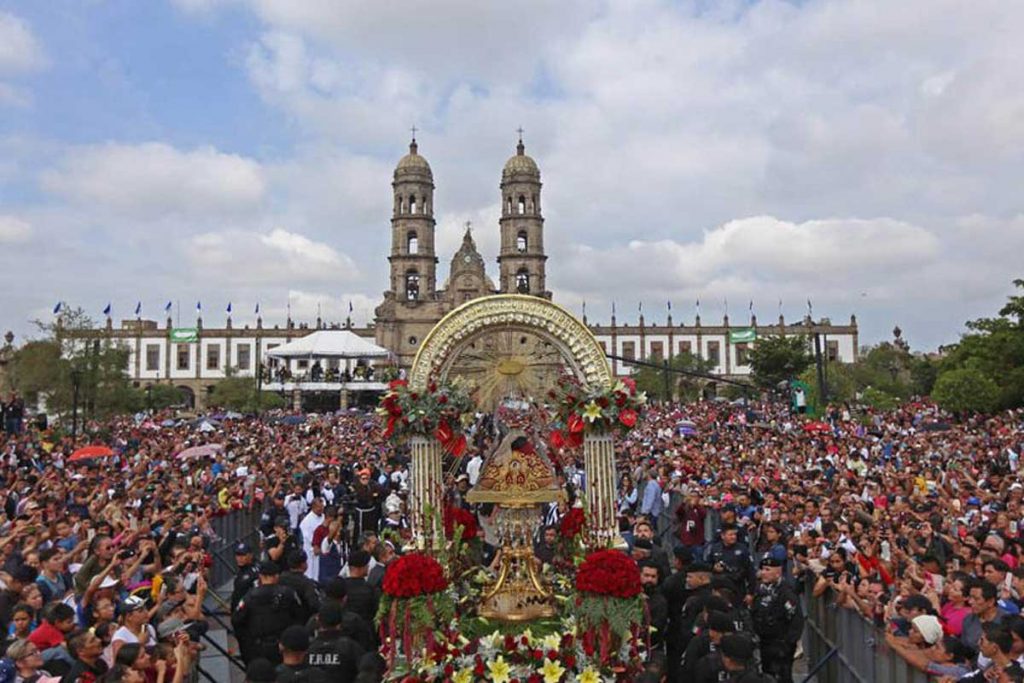
Did you know? 5 de Mayo is not widely celebrated in Mexico?
Contrary to popular belief, Cinco de Mayo is not widely celebrated in Mexico. It is not a national holiday, and its significance is much greater in the United States, where it’s often celebrated as a day to honor Mexican culture and heritage. In Mexico, the major national celebration is on September 16th, known as Independence Day, which commemorates the start of the Mexican War of Independence.
On September 16th, Mexicans celebrate with vibrant festivities that include traditional costumes from the Revolution era, such as hats, zarapes, mustaches, boots, horses, and donkeys. Women often wear long floral dresses, braids, and clothing in the colors of the Mexican flag (green, white, and red). The celebrations feature traditional foods like tacos, tequila, pozole, and more.
By the way, it’s is suggestible to avoid using those stereotypes like sombreros, margaritas, burros, and zarapes when referring to Mexican culture in everyday contexts. These clichés don’t capture the rich diversity and vibrant culture of modern Mexico. Understanding and embracing the complexity of Mexican life is key to appreciating the country’s true essenc.
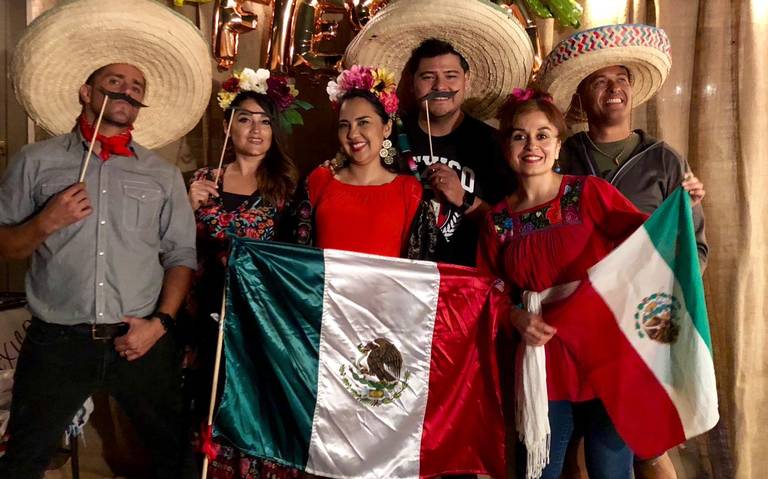
Be prepared for the last one….
Did You Know? You Might Never Want to Leave Mexico!
One of the most surprising aspects of living in Mexico is how quickly you might fall in love with the country and its people. It’s not uncommon for expats to become so enchanted by the vibrant culture, warm hospitality, and stunning landscapes that they find it hard to imagine living anywhere else. If you’re anything like many who’ve experienced life in Mexico, you might just find yourself head over heels and reluctant to ever leave!Be
